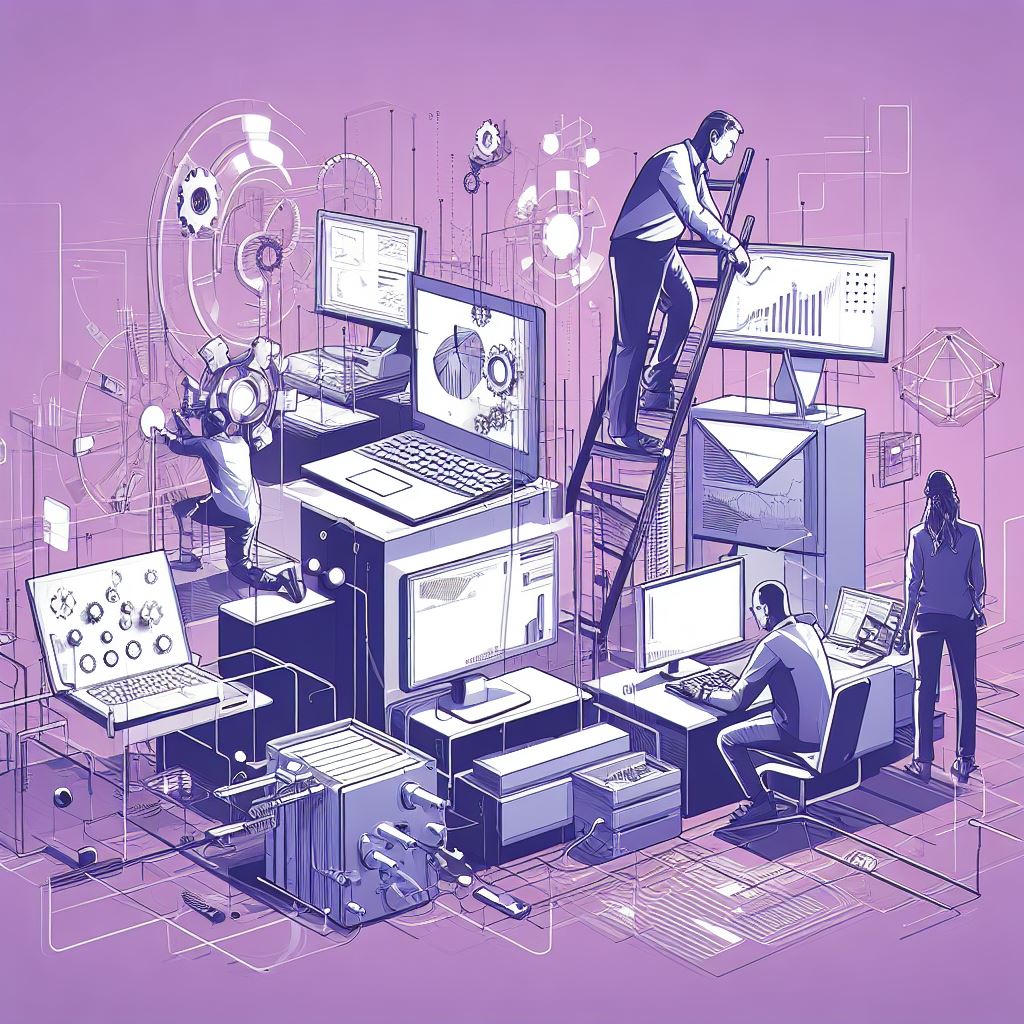HR’s Response to the Gig Economy Revolution in 2024
In the ever-evolving landscape of work, the gig economy has emerged as a game-changer, revolutionizing how businesses operate and how individuals engage with work. This seismic shift demands a fresh perspective from HR professionals, who now find themselves at the forefront of navigating this transformative trend.
According to Deloitte, gig workers are projected to constitute the majority of the US workforce by 2027. Also Statista’s 2022 study showed predictions for 2023, the projected gross volume of the gig economy was expected to reach 455.2 billion U.S. dollars.
Adapting to Flexibility: Rethinking Employment Dynamics:
The gig economy, characterized by its emphasis on short-term contracts and freelancing, offers a new level of autonomy and flexibility for workers. A study says 79% of full-time independent workers say they’re happier working on their own than at a traditional job. This paradigm shift necessitates a corresponding evolution in HR strategies. That means pushing organizations to reevaluate traditional employment structures in favor of dynamic, project-based collaborations.
Strategic Integration of Gig Workers:
Effectively harnessing the potential of gig work requires a deliberate approach from HR. This includes aligning specific projects with the right skill sets, streamlining onboarding processes, and establishing robust communication channels. Try to ensure gig workers feel valued and connected to the broader organizational mission.

Balancing Act: Harmonizing Full-time Employees and Gig Workers:
Achieving synergy between traditional full-time staff and gig workers is a pivotal challenge for HR. Careful management of this blended workforce allows organizations to leverage specialized expertise while maintaining the stability and continuity provided by core employees.
Cultivating an Inclusive Gig Workforce:
Successful HR strategies for gig workers extend beyond operational logistics. HR leaders must actively foster a culture of diversity and inclusivity, ensuring gig workers are recognized and integrated into the organizational fabric. By valuing the unique strengths of gig workers, HR can create an environment that encourages collaboration and drives innovation.
Navigating Legal Complexities and Championing Gig Worker Rights:
The rise of the gig economy brings a host of legal and regulatory considerations. HR plays a pivotal role in ensuring compliance with labor laws, tax regulations, and benefits administration for gig workers. Striking the right balance between flexibility and worker protections is critical for ethically and sustainably managing gig work arrangements.
Conclusion: Pioneering the Future of Work in 2024 and Beyond:
As the gig economy continues to reshape the employment landscape, HR professionals are presented with both challenges and unprecedented opportunities. Through strategic integration, inclusive practices, and adept legal navigation, HR can unlock the full potential of this dynamic workforce model. This forward-thinking approach not only positions organizations for success in 2024, but also lays the groundwork for thriving in a future defined by agile, project-based collaborations. By embracing change, HR stands poised to lead the charge into this new era of work.








